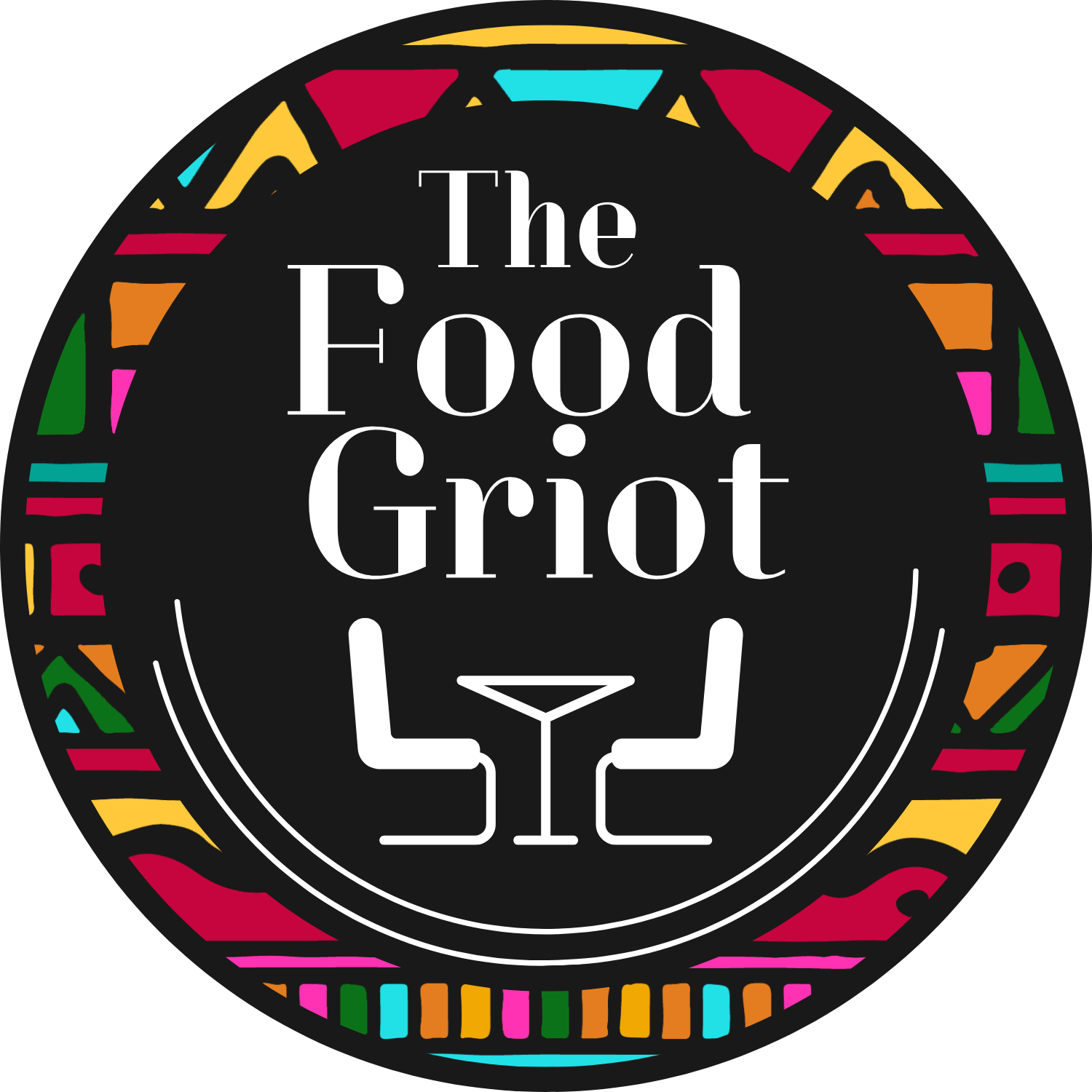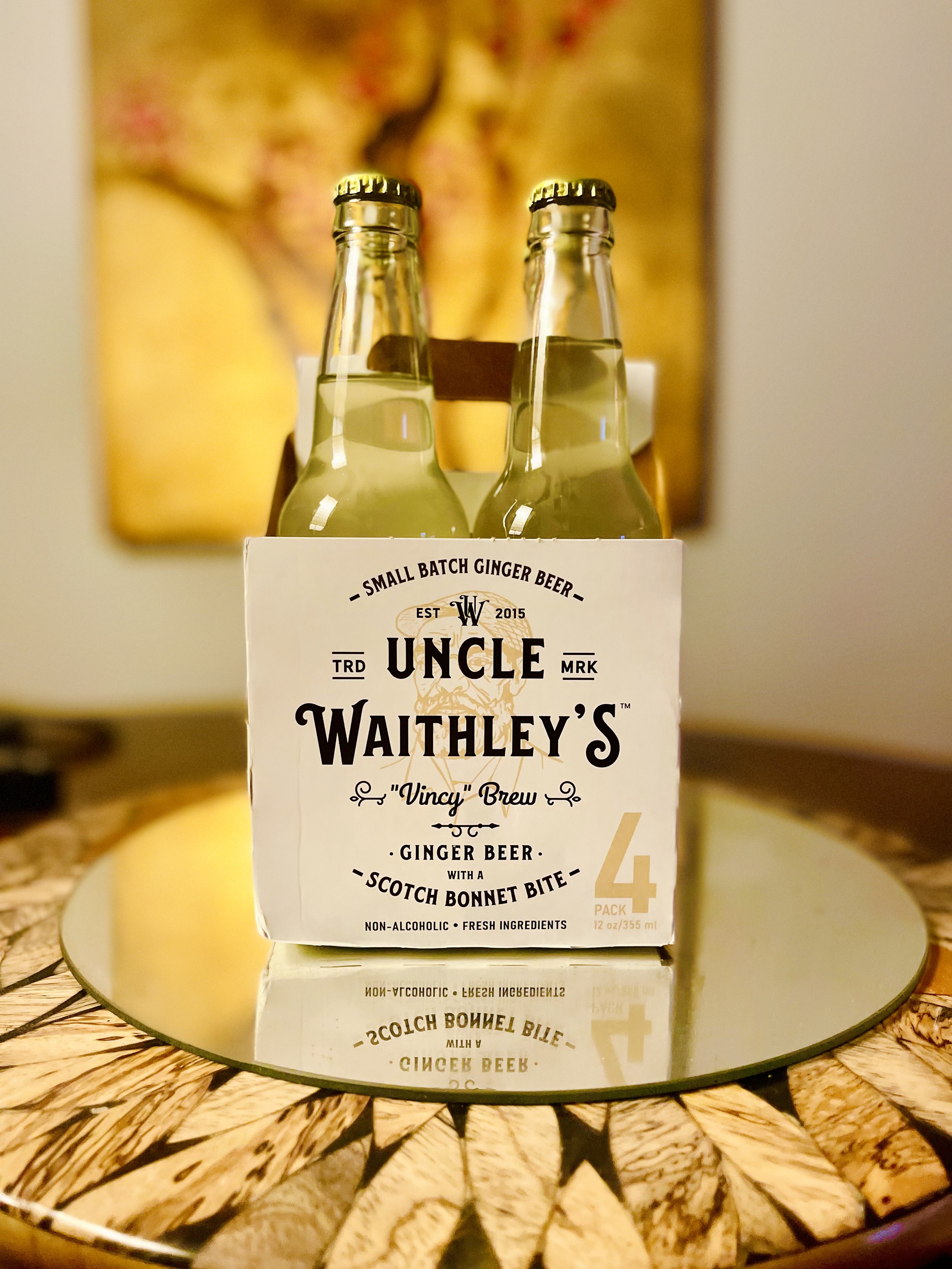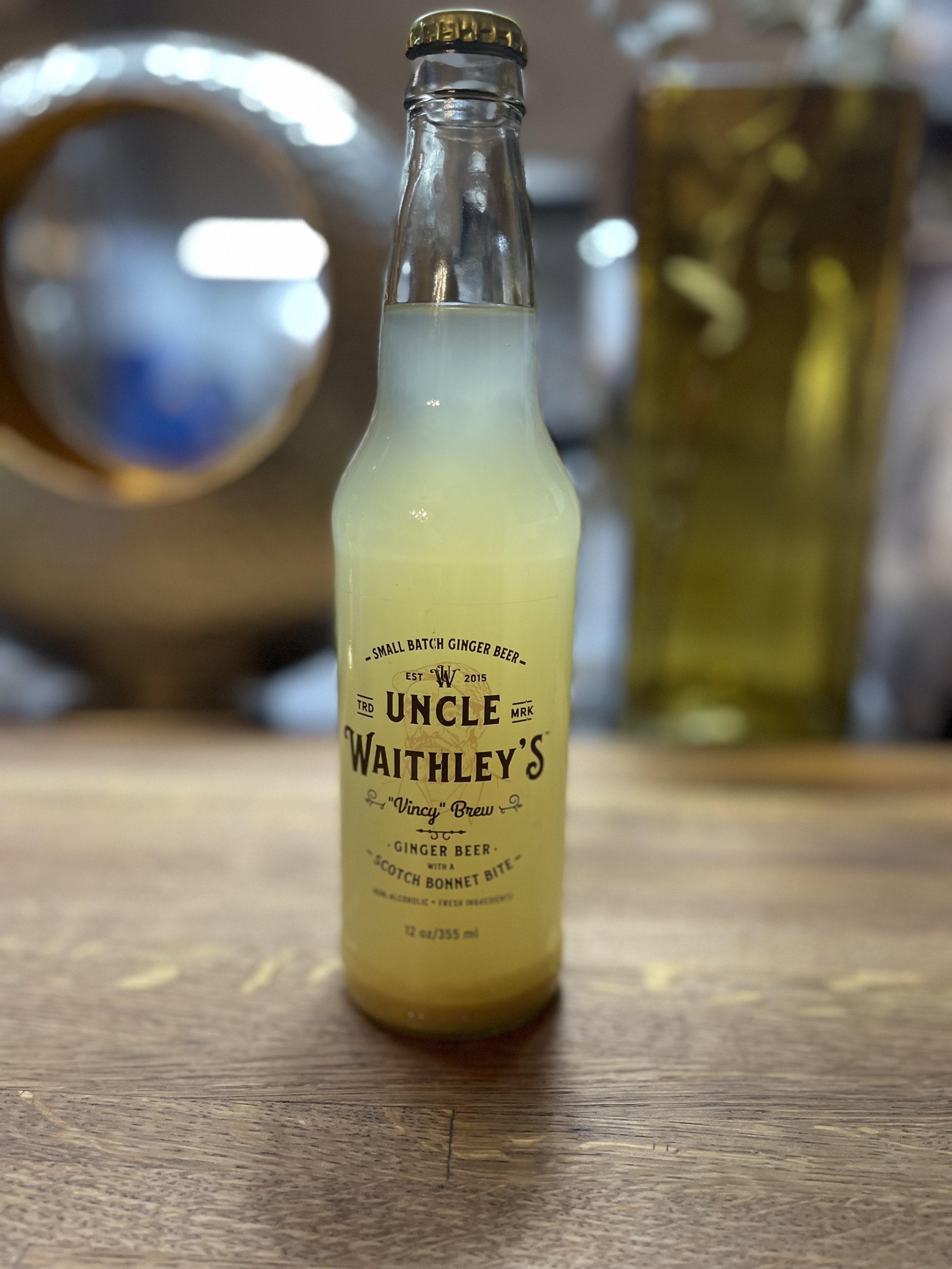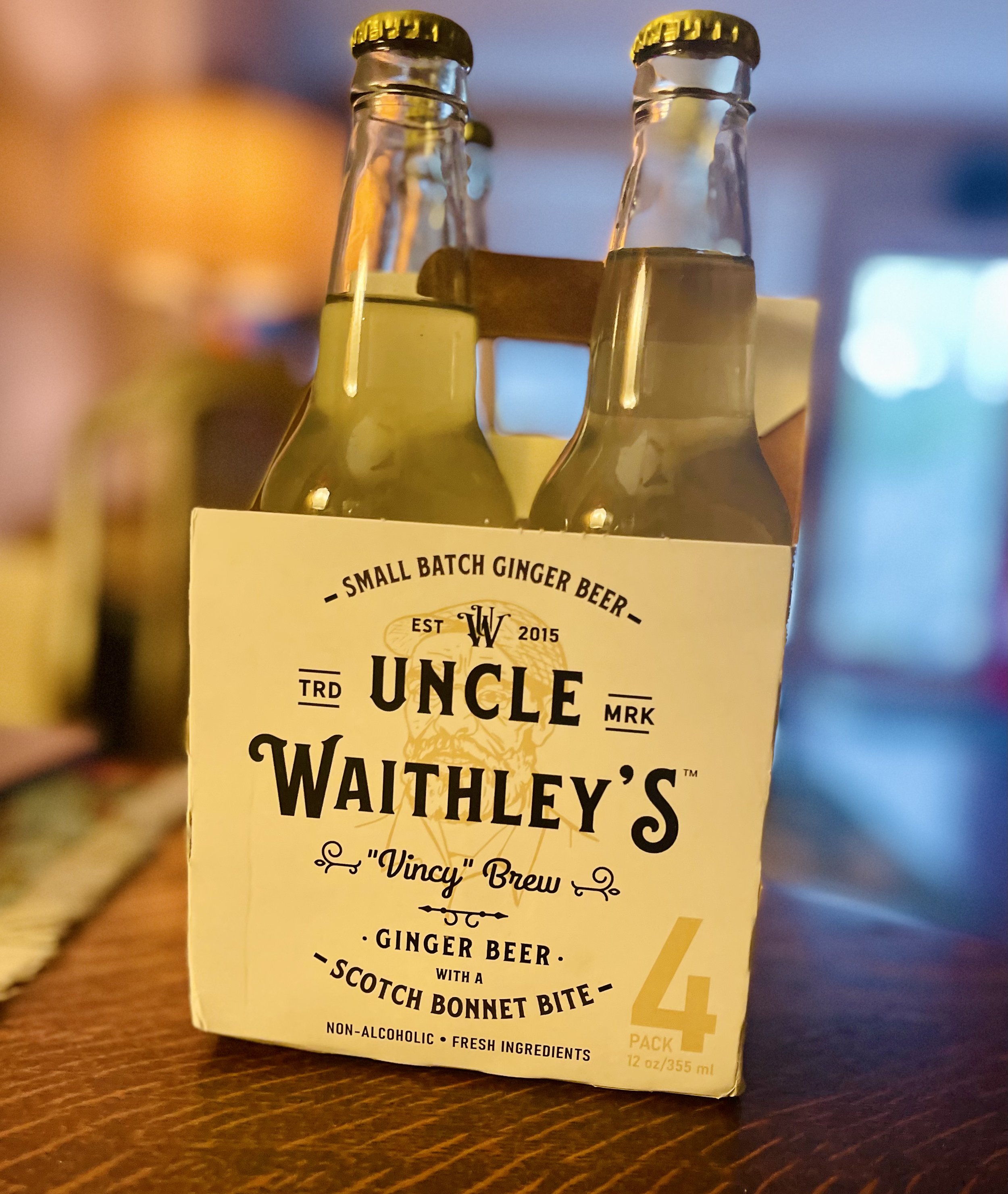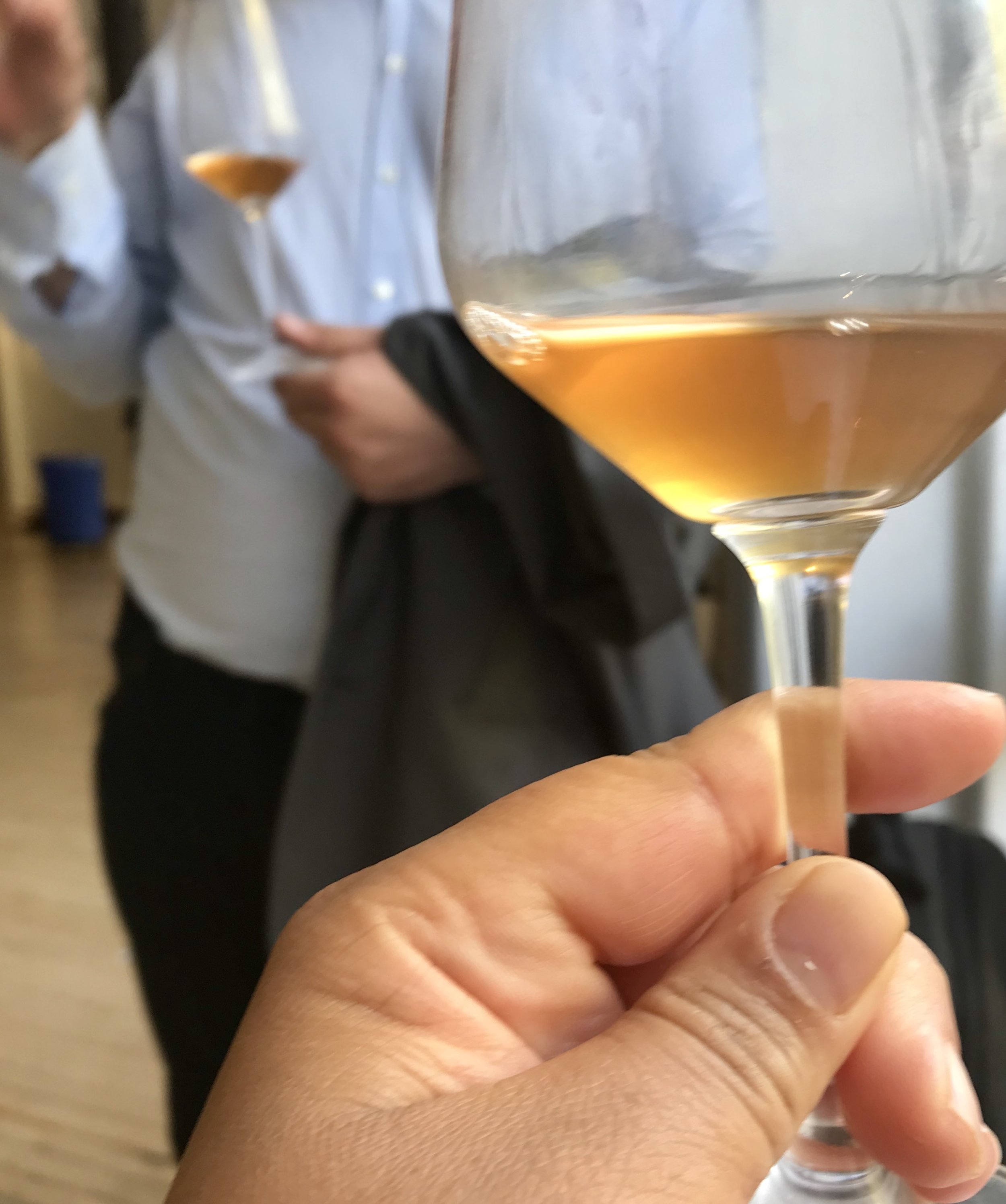Genuine Ginger Beer Was (& Still Is) One of Those Game Changer Drinks…
I remember back in the earlier 2000’s when genuine ginger beer came onto the mainstream American (bar) scene. My West Indian friends were already long familiar with it — British friends of varied hues too, which was surprising until I saw in Wikipedia (& other online sources), ginger beer was born in the mid 18th century — in Yorkshire, UK ... 🧐🤔… Which i wouldn’t think twice about if the entry had gone on to name or indicate that it was a Caribbean/West Indian, Asiatic or Afrianic heritage UK person who ‘birthed’ it there. No shade to Wikipedia at large, but at present their ginger beer entry provides no such cultural context. Nonetheless, it’s key to keep in mind that while Yorkshire may be the place of the first documented making of ginger beer (in the western world), one cannot automatically assume that the (unnamed) person who made it was a White British Yorkie. Turns out there’s a long history of people of African descent coming, going, staying (and even settling) in Yorkshire for centuries (from the 1750’s onward). Significant numbers of Black seaman (from British Caribbean Colonies and Africa stepped off ships in Yorkshire and yes some settled there, got married and started families. Together they “contributed to the “economic, social and cultural fabric of life in Hull”* ( the Yorkshire port city of Kingston upon Hull)
Yup I’m always suspicious of origin claims whenever nobody specific is named or officially credited and the primary ingredients (e.g., ginger, sugar, lemons, etc. …) of a product do not originate from anywhere near the alleged place of said product’s origin. AND a port’s involved? Yeah, especially when it comes to the UK — a country that’s basically synonymous with the word “Colonizer” (yes, with a capital “C”) … a nation that not only traditionally downplays or outright dismisses its Black and Brown populations, but had the world believing for forever that tea and curry were their original (White English/British) ideas. (This is largely why i do the work that I do — addressing, offsetting and helping to correct where i can the worldly “little white lies” of omission …and finding the fuller, more inclusive, “in color” version (or at least additional parts and pieces) to remake a more complete story — when relevant or possible. )
****
Anyway, I remember being blown away by ginger beer’s boldly intense gingery-ness and slightly hot spicy finish the first time I took a swig poured from a masterfully made batch at a homestead in Jamaica circa 1999 on a trip with friends. It was amazing on it’s own, duo-ed with any dish or snack and deliciously made a quick mixed drink when added to dark rum (or any spirit) on the rocks with an optional squeeze or wedge of lime …
Not too long thereafter I recall some equally scintillating ginger beer showing up — somewhat “on the DL” (down low) at a hip bar with a diverse clientele in my gentrified Brooklyn neighborhood. “DL” as in I noticed the (ethnically ambiguous, in hindsight) bartender responding vaguely and changing the subject after swiftly tucking away an unlabeled container into a mini fridge under the bar after someone asked her where it was from and where they could get some for themselves… I suspect that too might’ve been a homemade (or house-made if done on the premises) batch…
The culturally conscious, choosy consumer I’ve always been was admittedly pleased with what I understood to be a Jamaican / probably pan-Caribbean concoction crossing over into common-ville which simply meant it’d be more accessible. While I had a sense it was already well entrenched in Brooklyn’s Black West Indian communities, I wasn’t thinking then about how ginger beer might meet the same fate of countless other flavor-filled goodies that’ve emerged from Black and Brown culinary cultures and then get gobbled up by White consumer centered capitalism — where formulas are oft altered so as to not offend (or even to appeal to) less adventurous palates, and more importantly to increase their profit margins (thus jeopardizing taste and quality) . Which financially benefits the typically non-Black nor Brown (aka White) company owners who have access to adequate capital, investment money or generational wealth and resources required to manufacture and mainstream an otherwise fringe commodity.

